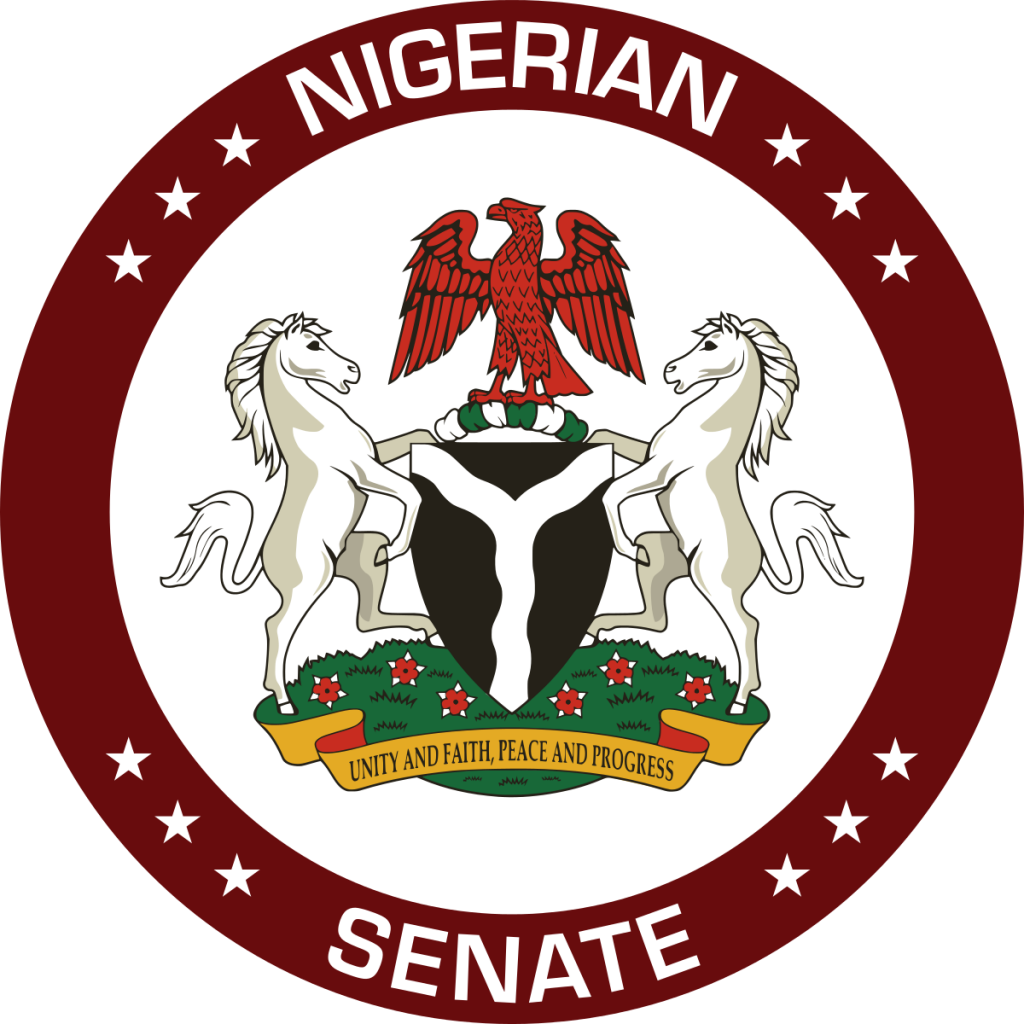
By Haruna Salami
The Senate in an emergency session on Saturday amended the CBN Act, increasing the Ways and Means borrowing threshold for the Federal Government from 5% to a maximum of 15% of previous year’s revenue from the Central Bank of Nigeria (CBN).
Presenting the bill for amendment, Senate Leader, Ibrahim Gobir explained that the adjustment was required to enable the Federal Government “meet its immediate and future obligations in the approval of the ways and means and advances to the Federal Government.
Federal Government borrowings from the CBN is put at roughly N22.7 trillion as at December 2022.
The CBN advances to the FG stood at N700 billion before 2015, with the borrowings exceeding the threshold of 5% of FG revenue for the previous years, thereby violating Section 38 of the CBN ACT.
Obviously aware of the illegalities of approving Ways and Means above 5% to the Federal Government amounting to over N23 trillion, the Senate summoned an emergency meeting on Saturday May 27, 2023 to amend the CBN Act to legitimize their action and also give the government a free cheque to spend outside budget.
Some of the illegalities the Senate tried to correct through amendment if CBN Act include government spending through Ways and Means without National Assembly approval, spending above 5% threshold, but approving and jacking it to 15% after spending amounts to another illegality.
This explains why the Saturday emergency meeting did not go down well with some senators. Senator Ahmed Baba Kaita (Katrina North) questioned the urgency. He said “Mr. President, honestly, I don’t see any urgency in this because some of us were planning to go home for our various businesses. I want to say that the passage of supplementary budget, I think we have always recycled this. There was a time this same issue came here and senators protested. We don’t have to follow what the House of Representatives did. Government is a continuum. Let’s allow senators who are reelected to come and do this. Anything that we didn’t do six to eight months ago, we can’t do it in two days.
“Secondly, I see that the passage of the Ways and Means was 5%, but now it is 15%. I don’t know and Kaita wondered where this was discussed.
Senator Gabriel Suswam (Benue North East) said when he received the notice of the emergency meeting, he thought “the inauguration has been cancelled” and had to rush from Akwa Ibom state to attend the meeting.
Senator Betty Apiafi, (Rivers West) who spoke after Senator Gabriel Suswam said the issue of securitization comes in because if it is raised to 15% there was no way the Federal Government can pay the money within one year in accordance with the CBN Act.
“Are we keeping silent on the issue of securitization or we are hoping that the incoming government’s use of ways and means will be extinguished within one year?
The CBN Act stipulates that all advances shall be repaid as soon as possible and shall in any event be repayable by the end of the Federal Government financial year in which they are granted and if such advances remain unpaid at the end of the year, the power of the bank to grant such further advances in any subsequent year shall not be exercisable, unless the outstanding advances have been repaid”.
The FG has repeatedly violated this condition. Senate had in December passed N819 billion Supplementary Budget for 2022 based on President Muhammadu Buhari’s request to borrow the money from the CBN to finance critical infrastructure damaged by flood across the country.
That borrowing increased FG’s Ways and Means to a whooping N23 trillion, slightly higher than the budget for 2023.
However, releases for the supplementary N819 billion whose implementation is expected to end in June 2023 had been slow in coming, explaining why the Senate in a last minute push had to amend the 2022 Supplementary Appropriation Act amendment bill extending its validity to December 31, 2023.
In doing so, the Senate also amended the CBN Act extending the borrowing threshold from 5% to 15%, providing possible legal backing for the excess borrowings in the last 7 years.



